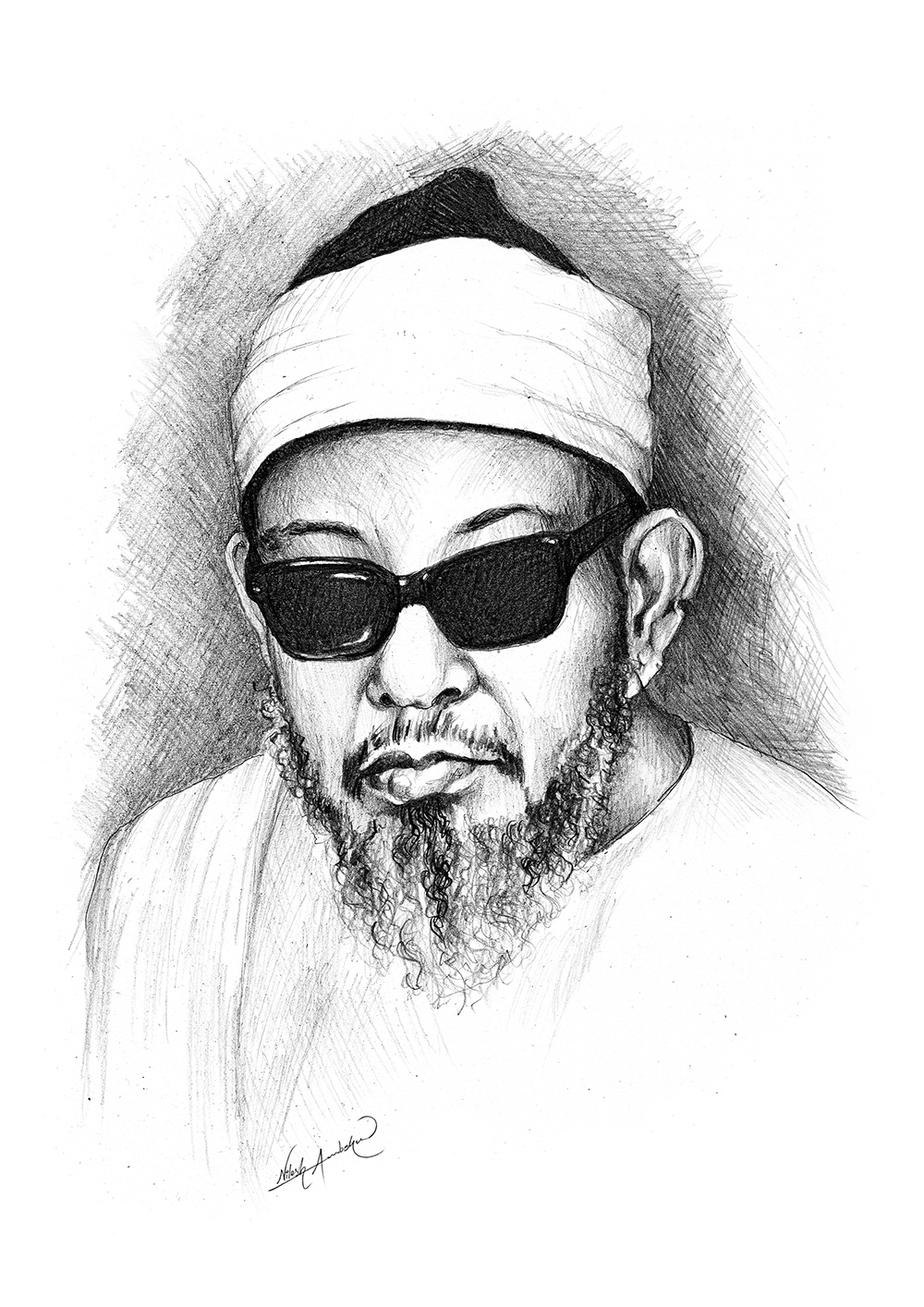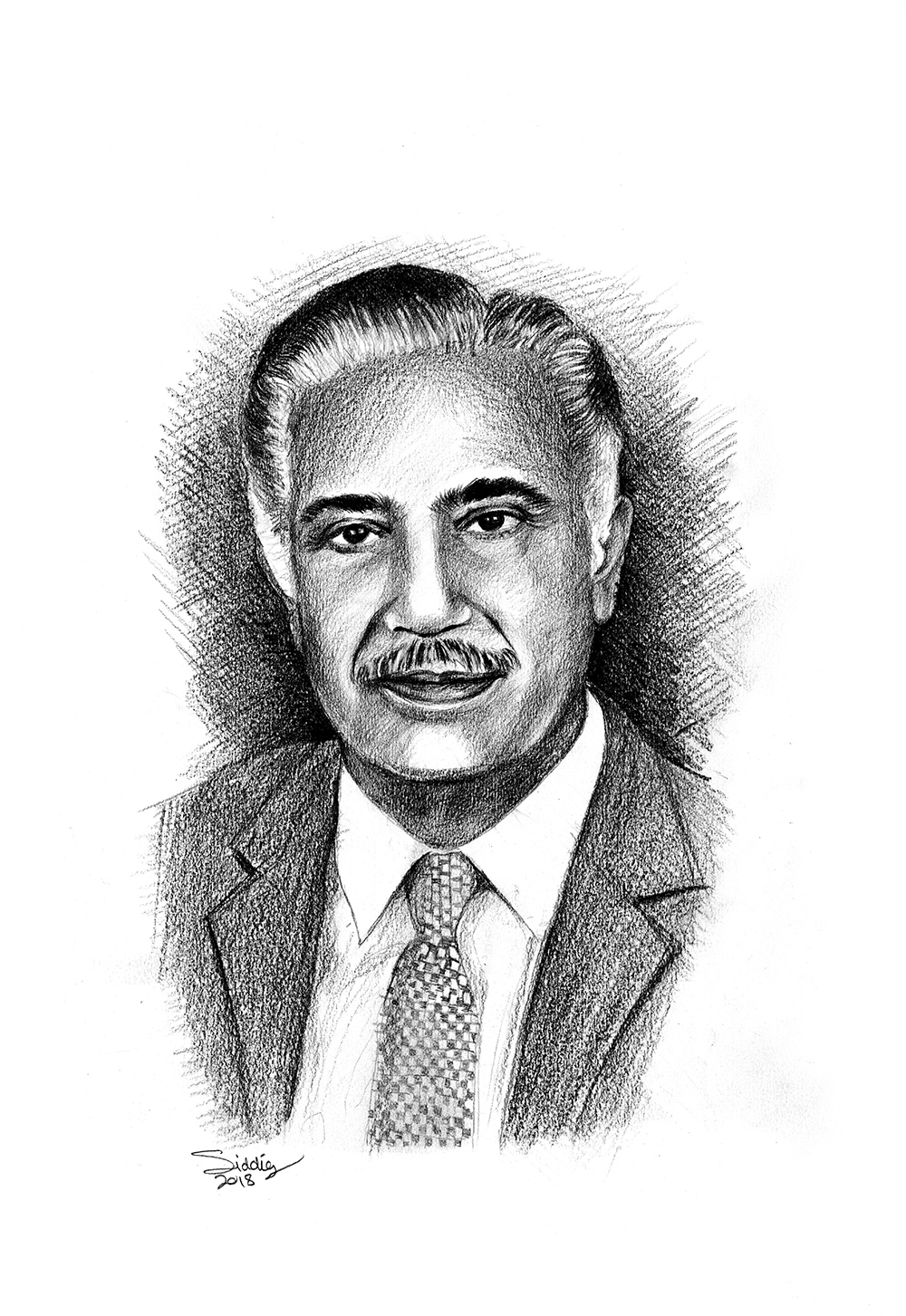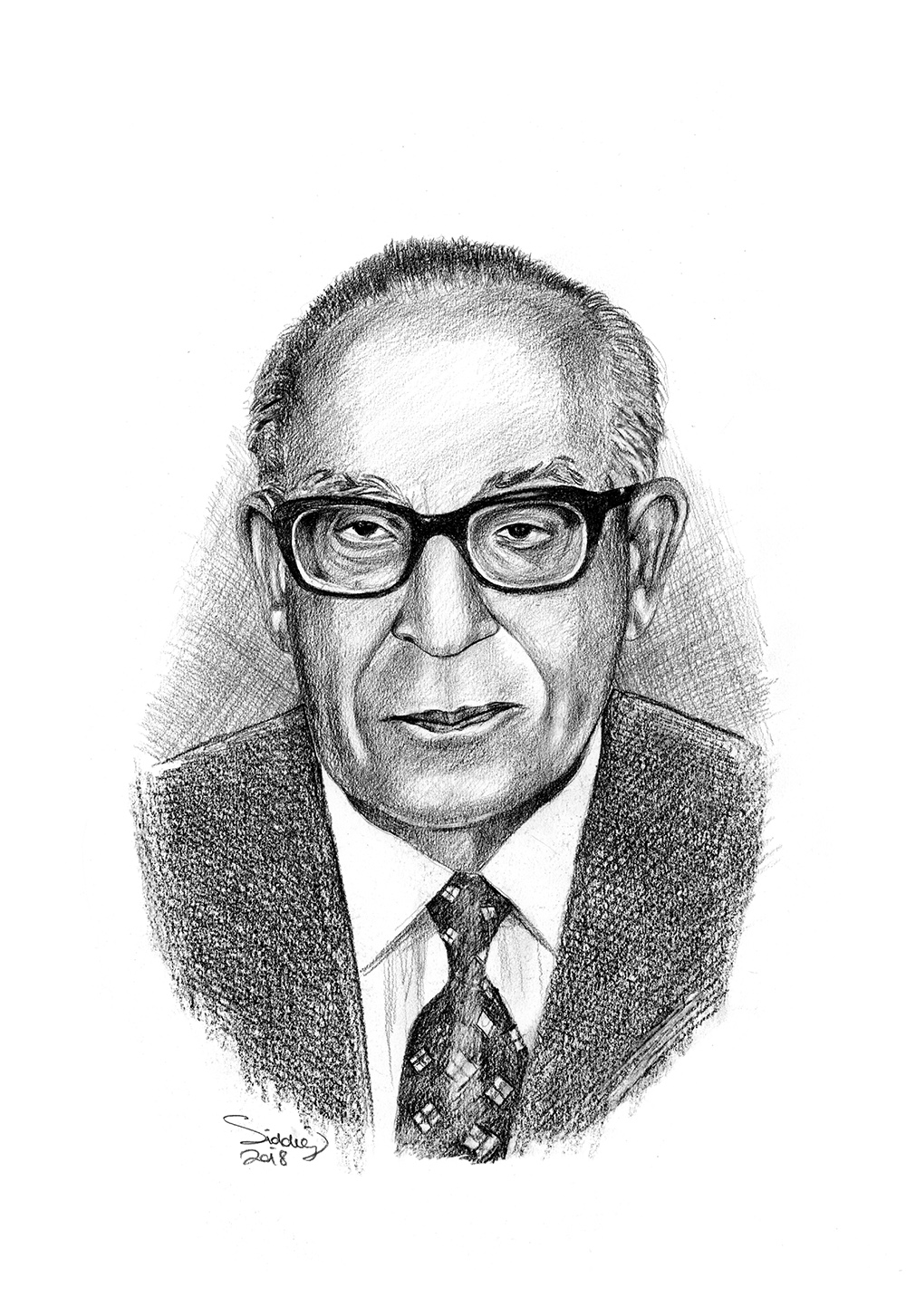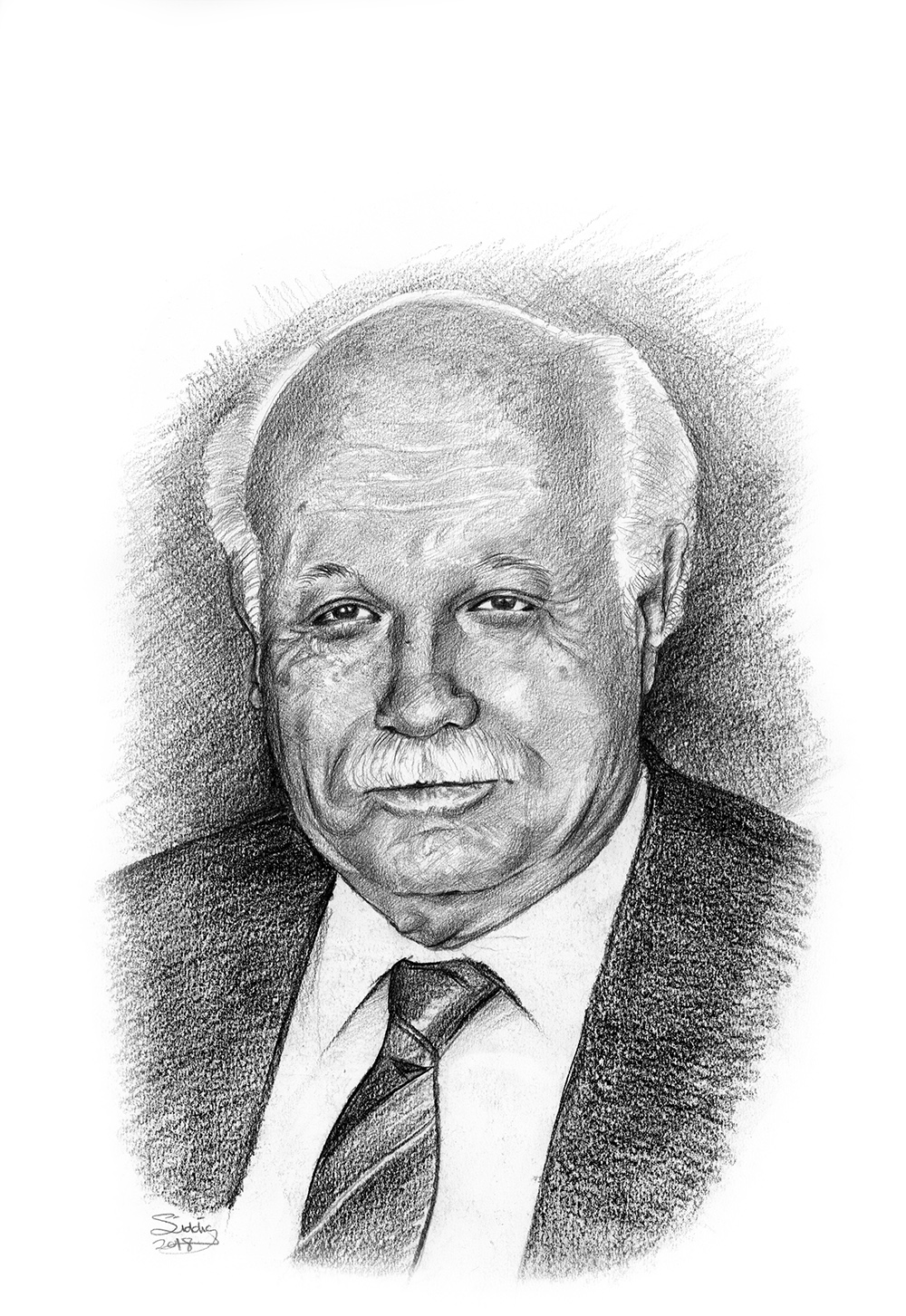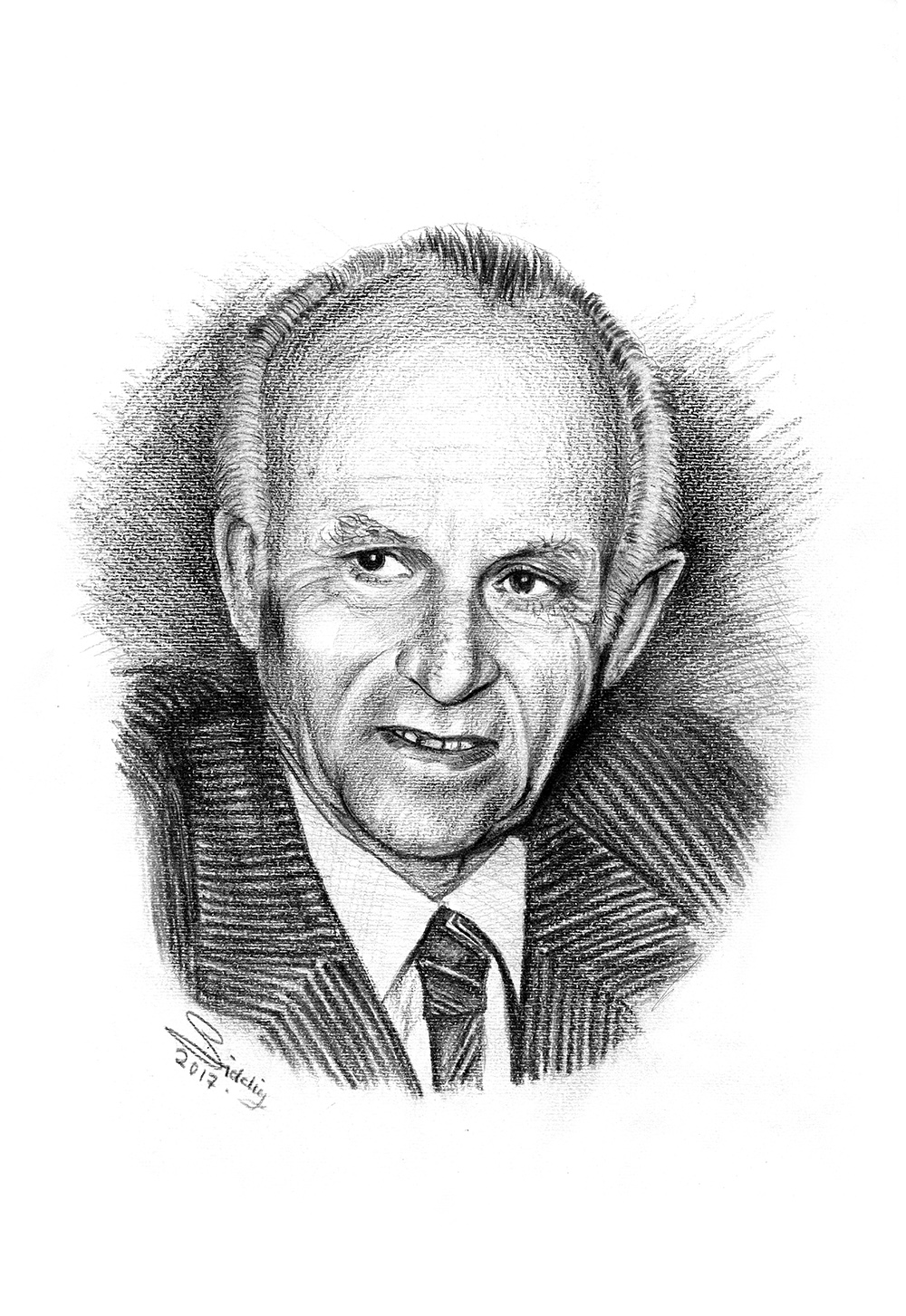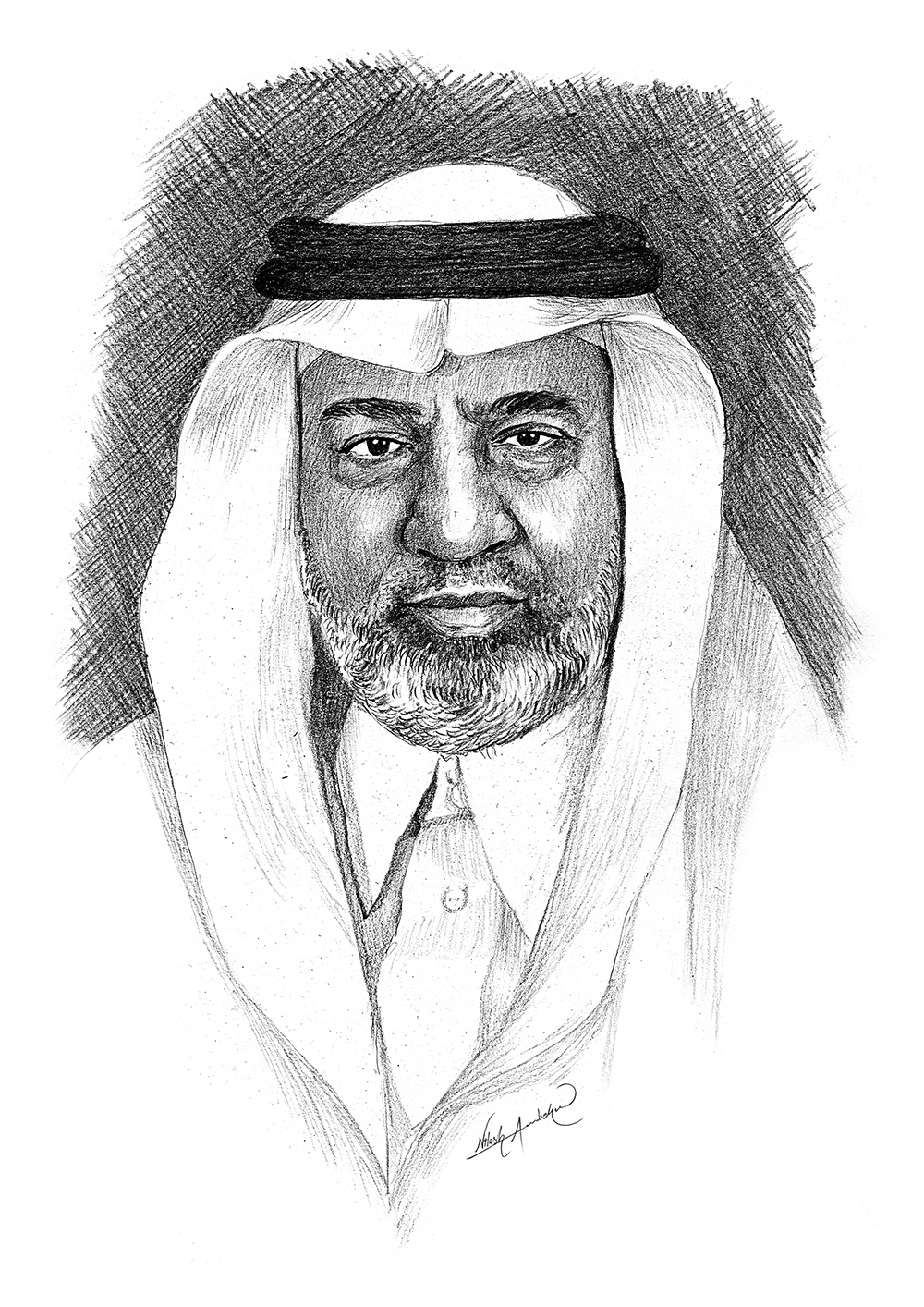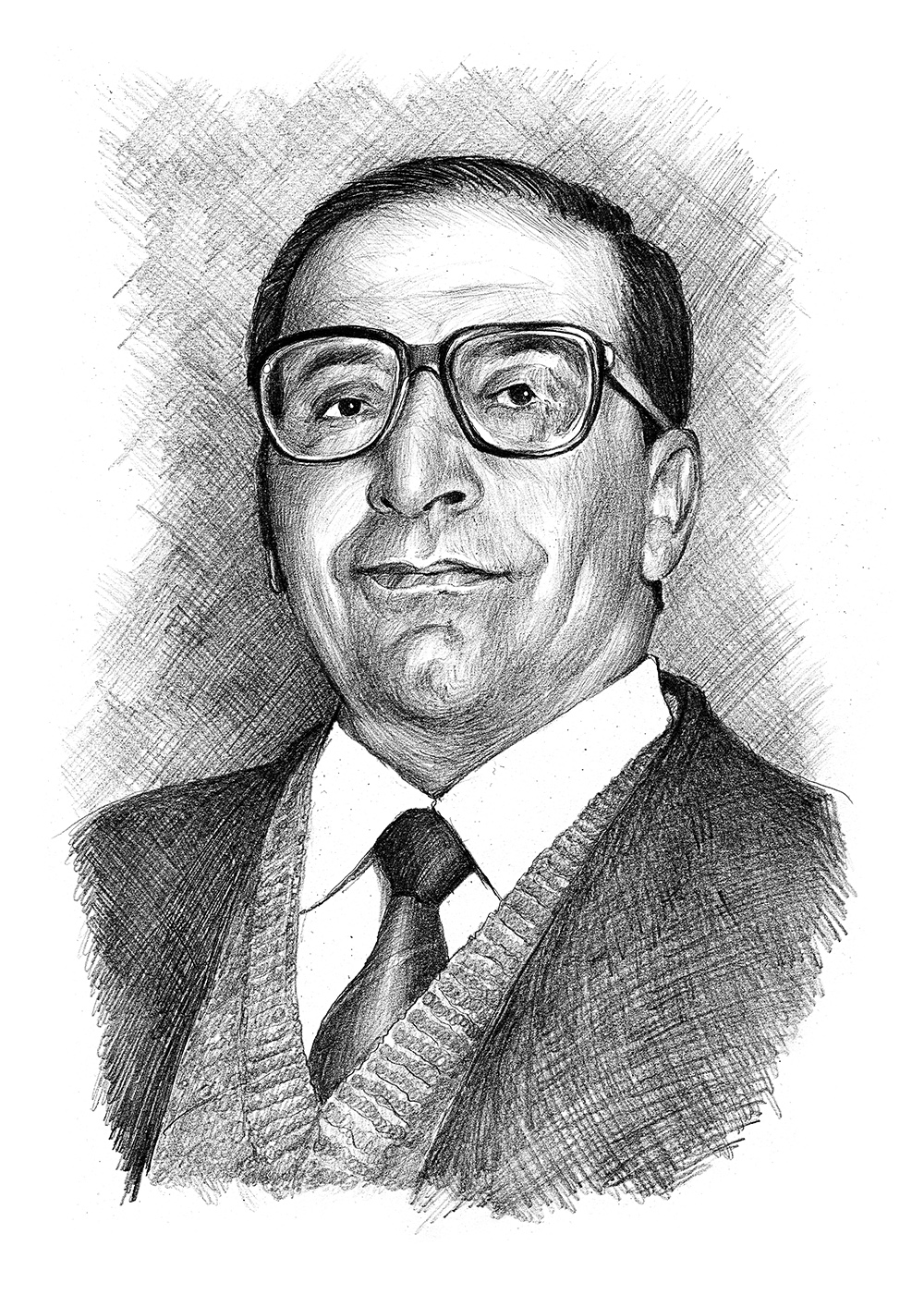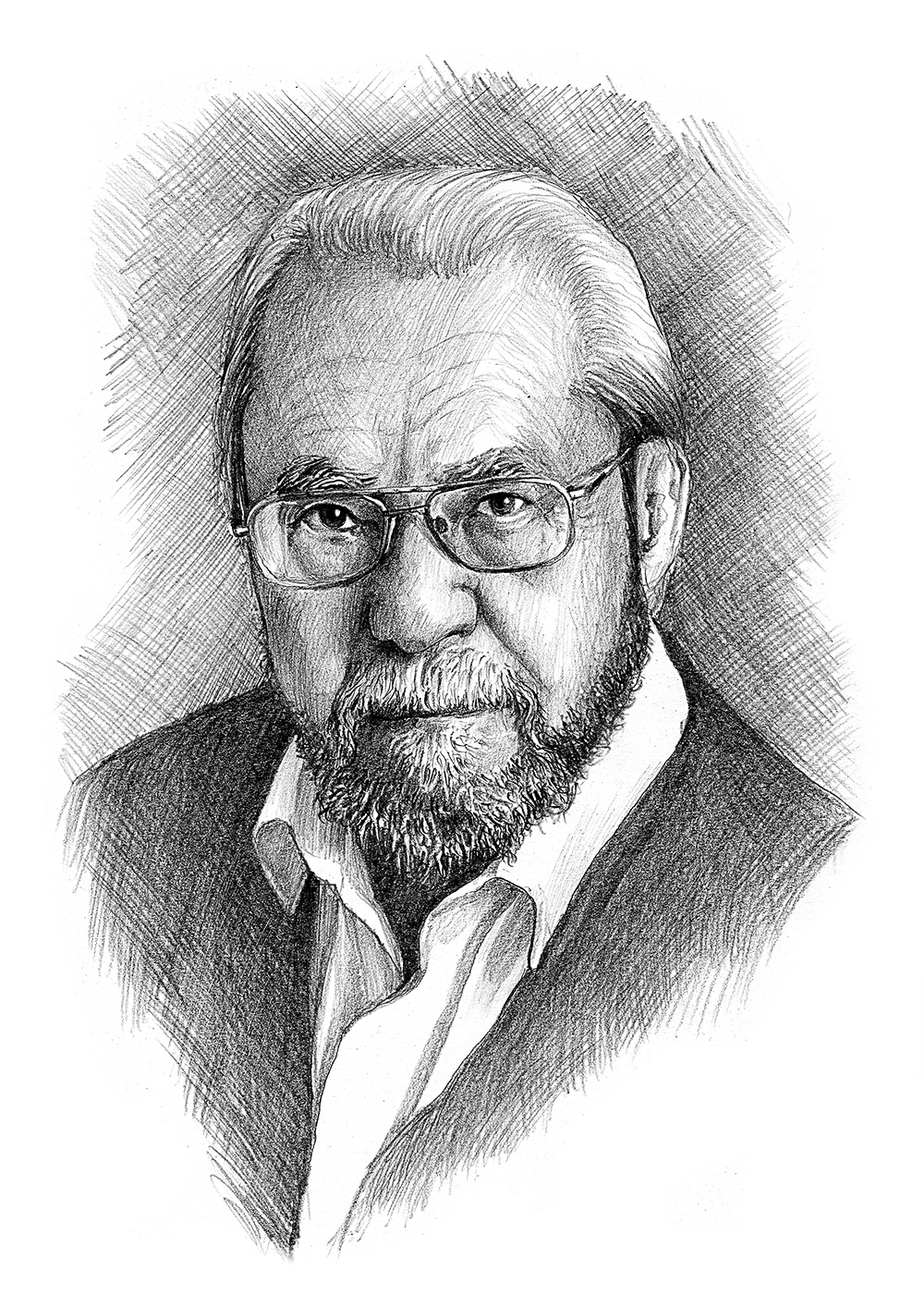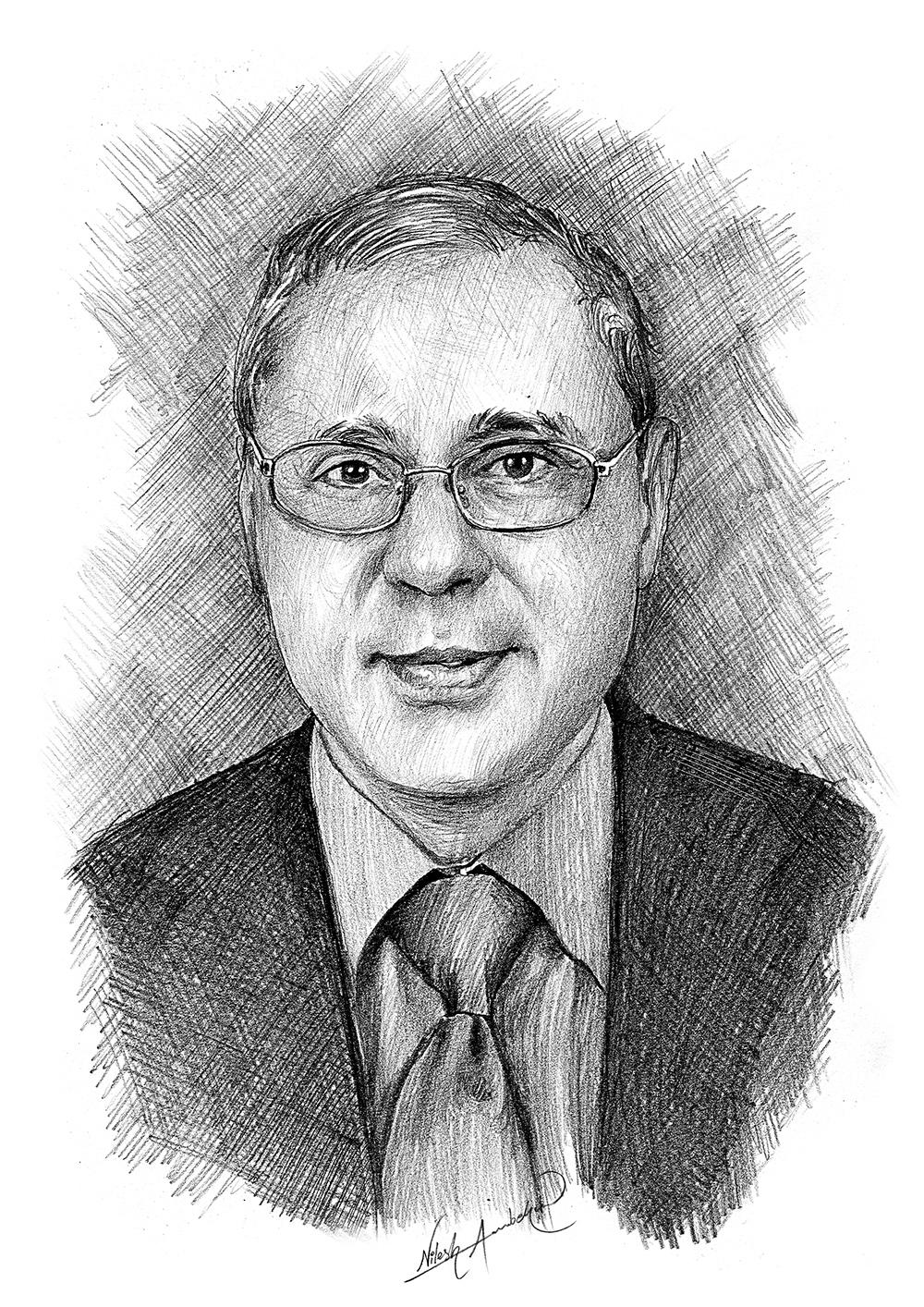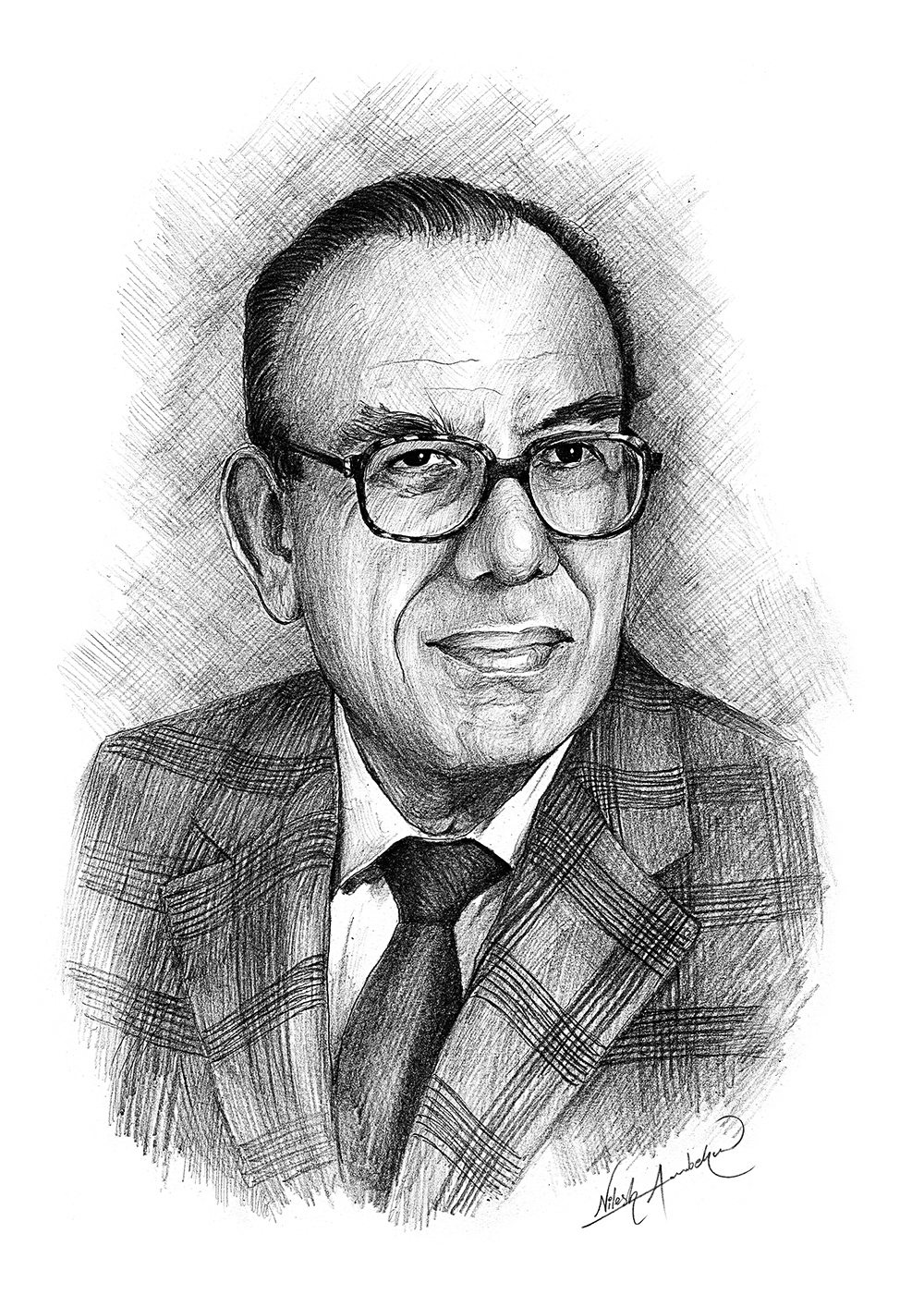Halil Inalcik studied at Balıkesir Teacher Training School and graduated from the Department of History at the Faculty of Letters in Ankara University in 1940. He completed his PhD at Ankara University in 1943 on the Bulgarian question in the late Ottoman Empire. He was appointed an Assistant at the Department of History at Ankara University and became an Assistant Professor in 1946 and a full professor in 1952. He taught at both the Faculty of Letters and the Faculty of Political Science at Ankara University.
Between 1972 and 1993, Professor Inalcik taught Ottoman history at the University of Chicago. In 1994, he returned to Turkey and founded the History Department and the Halil Inalcik Center for Ottoman Studies at Bilkent University, where he taught. He also served as a Visiting Professor of Ottoman History at Columbia University 1953-1954, Princeton University 1967-1992, and the University of Pennsylvania in the USA. In 1993, he donated his valuable collection on Ottoman History and related topics to Bilkent University Library, where it is now housed in a special room in the Library.
Professor Inalcik was an internationally acclaimed authority in Ottoman History. His deep knowledge and insightfulness are reflected in his numerous papers and books, including his book An Economic and Social History of the Ottoman Empire, which constitutes the pinnacle of his research over six decades and establishes his new school of thought, independently of the centrist European approach to studying Ottoman history. His inferences, based on reliable, original and richly documented sources, have influenced many scholars of social and economic aspects of Ottoman history.
Professor Inalcik’s outstanding contributions have been recognized by numerous awards and honors, including the Medal of Distinguished Service from the Turkish Ministry of Foreign Affairs in 1991, and the Medal of Distinguished Service from the Romanian Embassy in Ankara. He was a Member of the Turkish Historical Society, the Serbian Academy of Sciences and Arts (Historical Sciences) and the Institute of Turkish Studies. He was also a Corresponding Member of The British Academy and an Honorary Member of the Turkish Academy of Arts and Sciences, the American Historical Association, the Albanian Academy of Sciences, the Nicola Lorga Historical Institute in Bucharest, Titutescu, and the Middle East Studies Association of America and Canada. Besides, he was a Fellow of The American Academy of Arts and Sciences, an Honorary Fellow of The Royal Asiatic Society, London and Corresponding Fellow of the Royal Historical Society, London. His other awards include a Rockefeller Foundation Fellowship, Research Center For Islamic History, Art and Culture award (Organization of Islamic Conference), Professor Mustafa Parlar Education and Research Foundation award (Middle East Technical University in Ankara) and Best Work in Social Sciences award from Sedat Simavi Foundation in Istanbul.
Professor Inalcik was a member of the High Council of the Atatürk Foundation of Turkish Culture and History. In 1979, he served as a Visiting Director d’Etudes assoicé á 1’ ecole der Hautes Etudes en Sciences Sociales (Paris) and between 1971-1974, he was elected President of the Association International des Etudes du Sud-Est European Studies, Turkish Historical Society, Ankara. He was awarded honorary doctorate degrees from several universities including: Boğaziçi University (İstanbul), Selçuk Üniversitesi (Konya), University of Athens, University of Bucharest, Hebrew University (Jerusalem) and Uludağ University (Bursa). He had also been a co-editor of Archivum Otomanicum (Ottoman Archives), Journal of Ottoman Studies and History of The Scientific and Cultural Development of Mankind, UNESCO (Vol. V), and a member of the editorial boards of Turcica (Paris), Harvard Ukrainian Studies (Cambridge), Belgeler (Ankara), East European Quarterly (Boulder), Studia Islamica (Paris) and Islamic Studies (Islamabad).
This biography was written in the year the prize was awarded.

